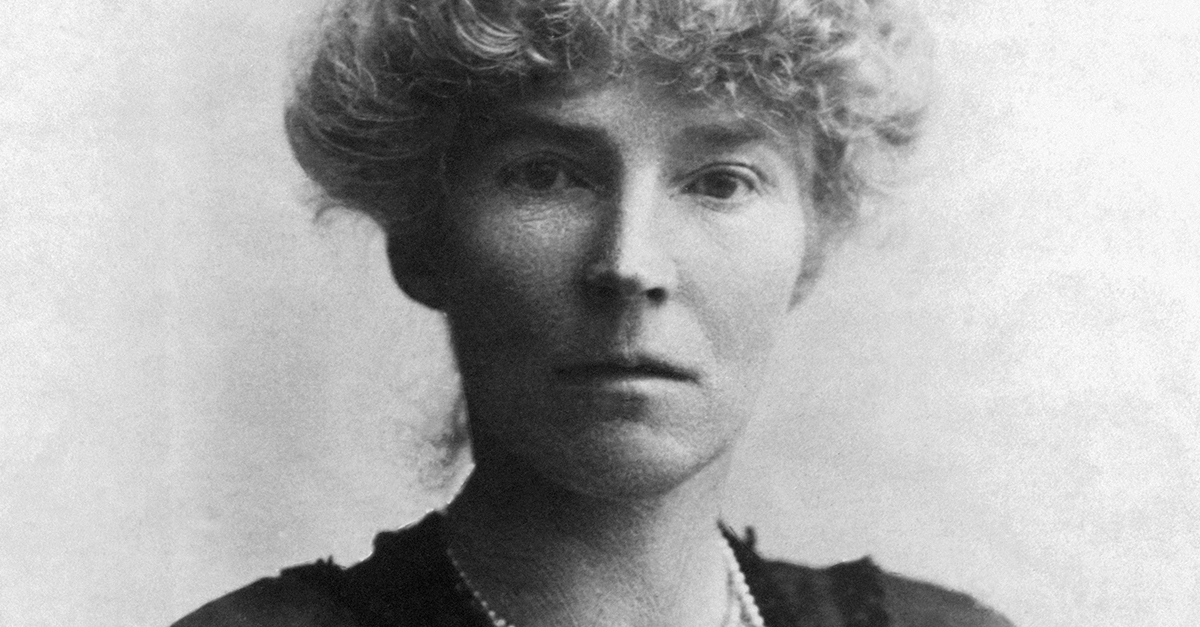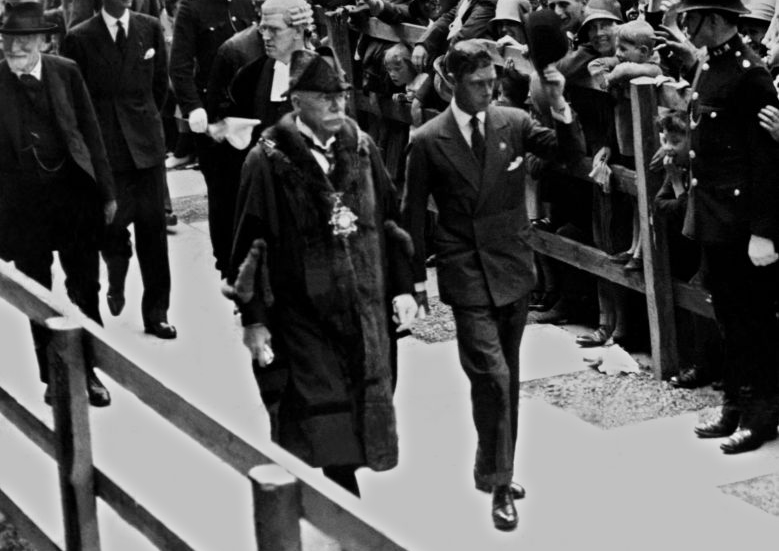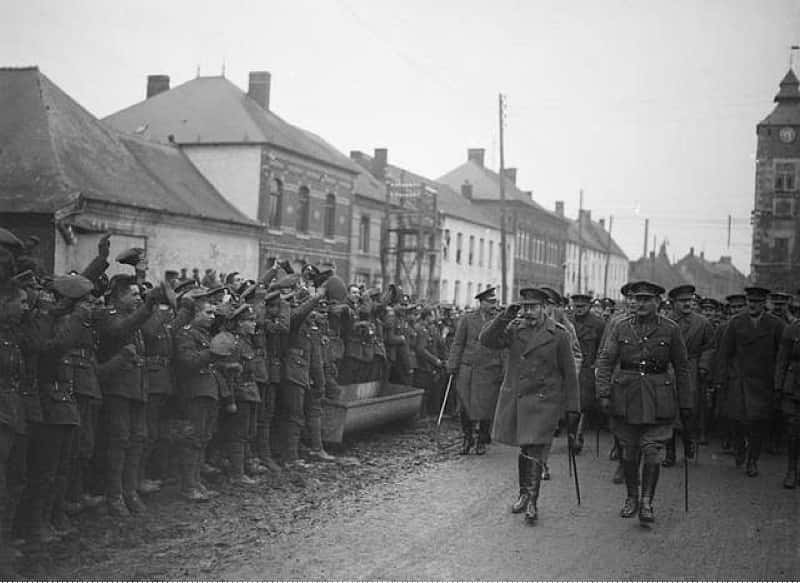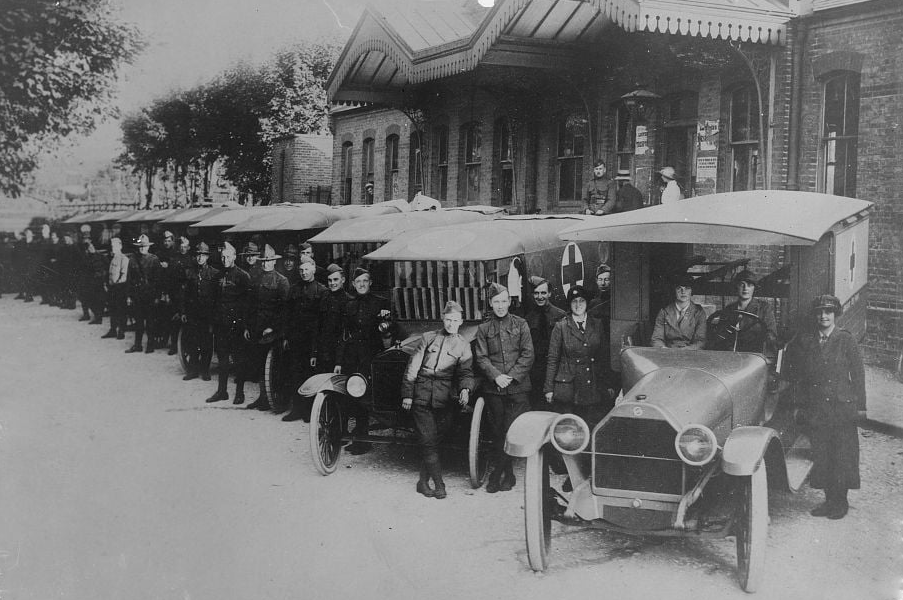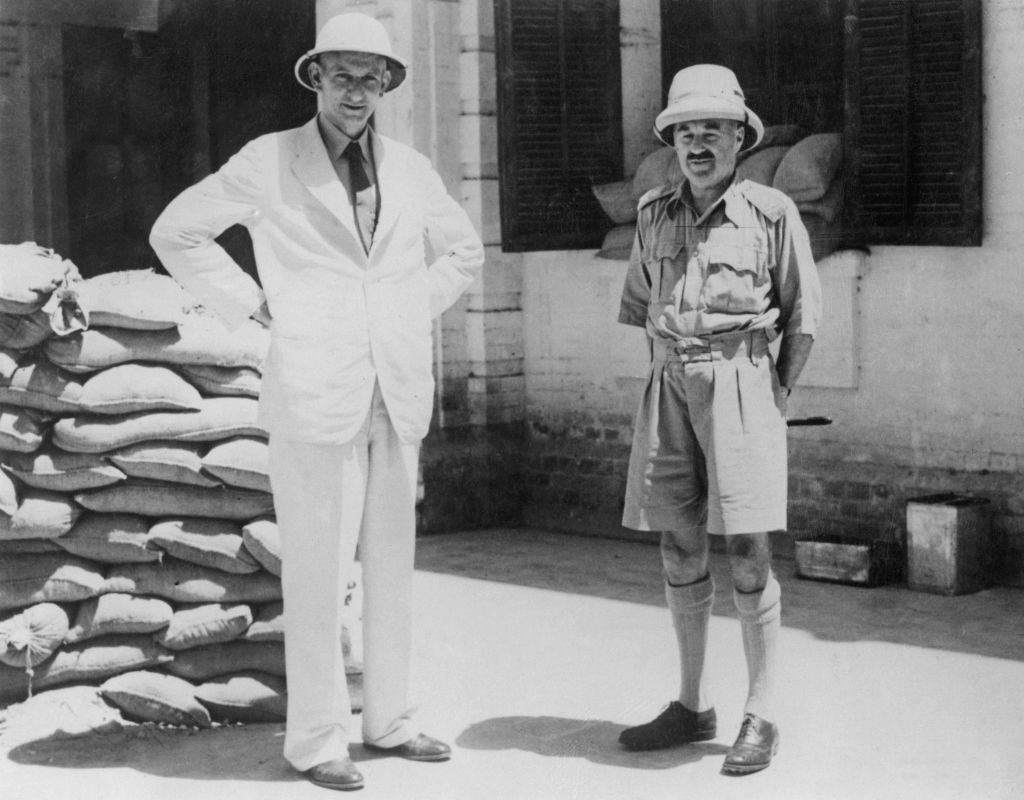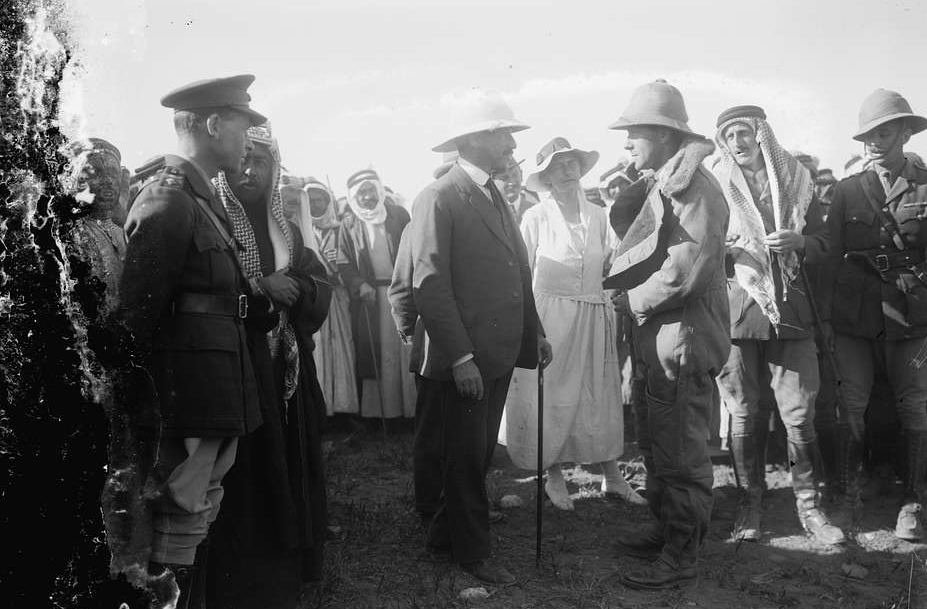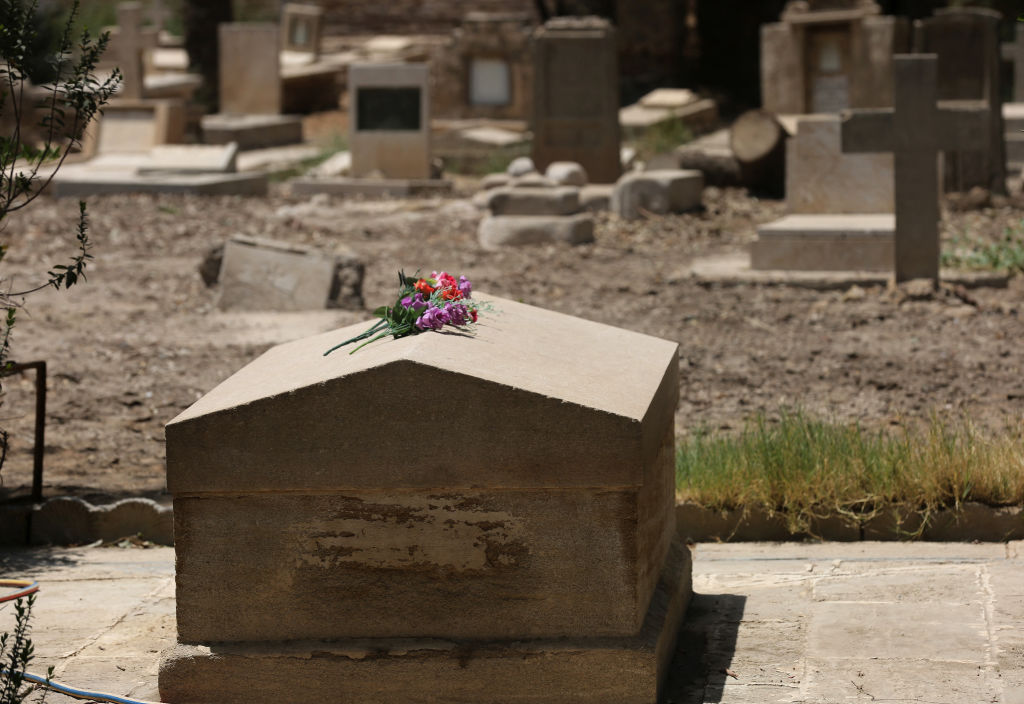More People Should Know Her Name
Gertrude Bell was one of history's greatest explorers—equally as important as the lauded Lawrence of Arabia. But few know her incredible story.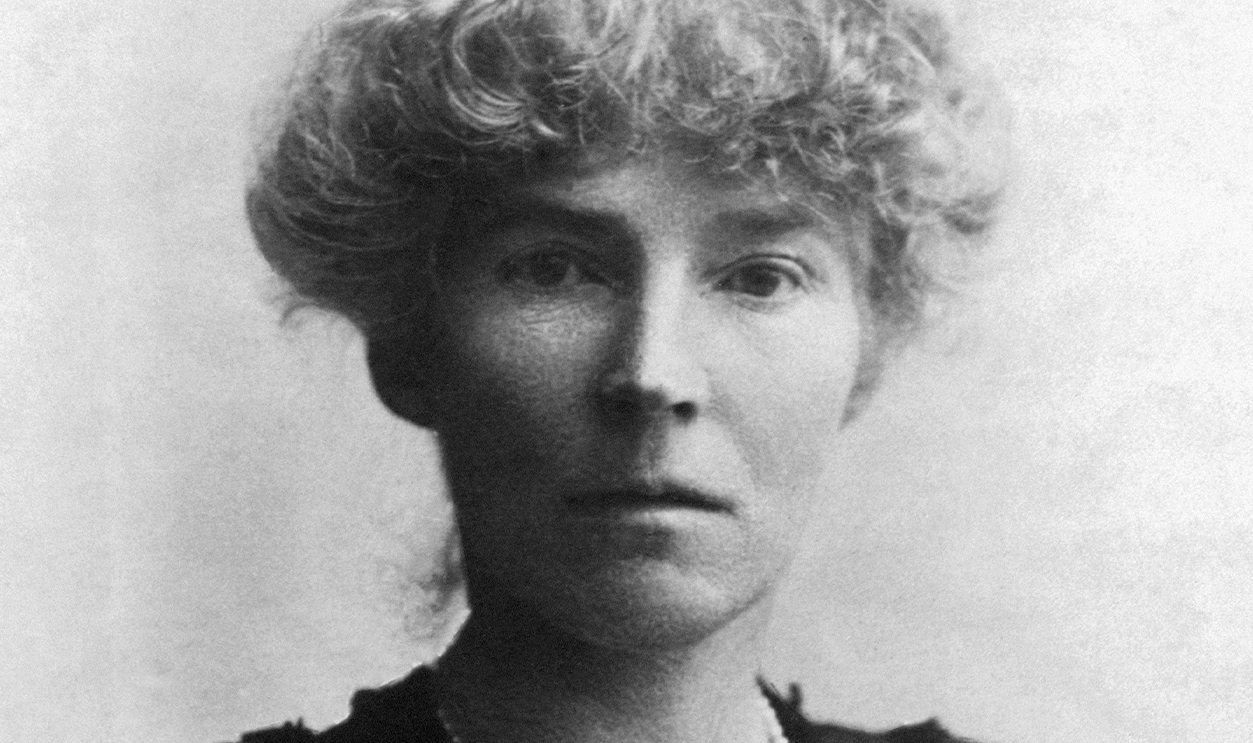
She Was Born With A Silver Spoon In Her Mouth
Born in 1868, Gertrude Bell grew up in a very affluent family—but that didn't mean she was immune to tragedy. When she was just three years old, the loss of her mother Mary flipped her world upside-down.
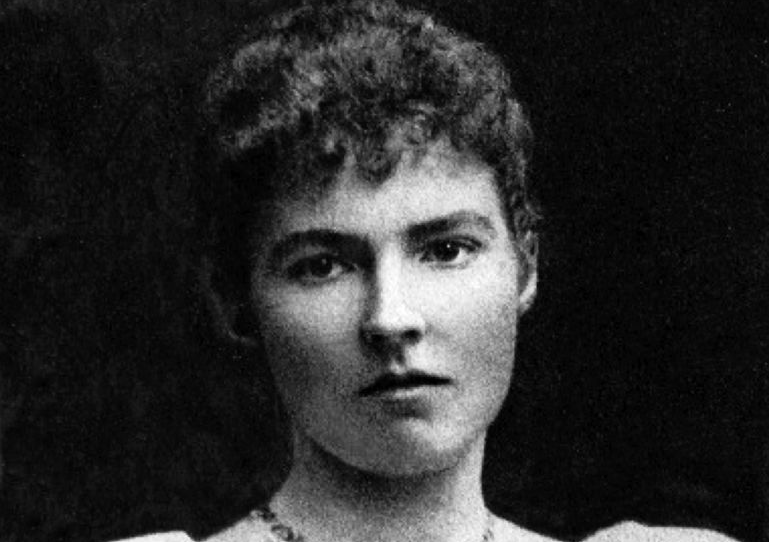 Pictures from History, Getty Images
Pictures from History, Getty Images
Her Mother Passed During Childbirth
Bell's mother tragically passed during a difficult childbirth, bringing her son—baby Maurice—into the world. Though her loss left an awful void, this lack of a mother figure caused Bell to turn to her father for everything she needed.
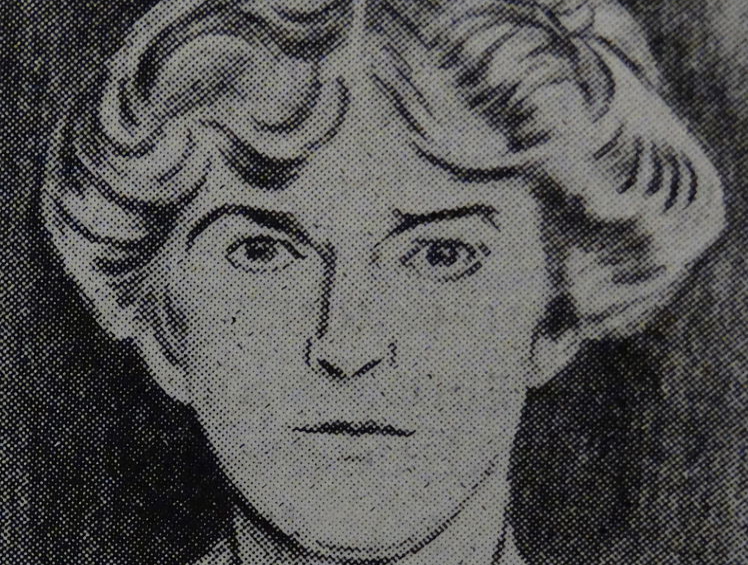 Universal History Archive, Getty Images
Universal History Archive, Getty Images
Her Father Became Her Role Model
Sir Hugh Bell was a successful mill owner, who thankfully treated his employees fairly, providing them with decent pay. The loss of his wife drew him even closer to his daughter, and their relationship flourished over the years.
The young girl's incredibly privileged upbringing laid the foundation for the unbelievable accomplishments she would one day achieve.
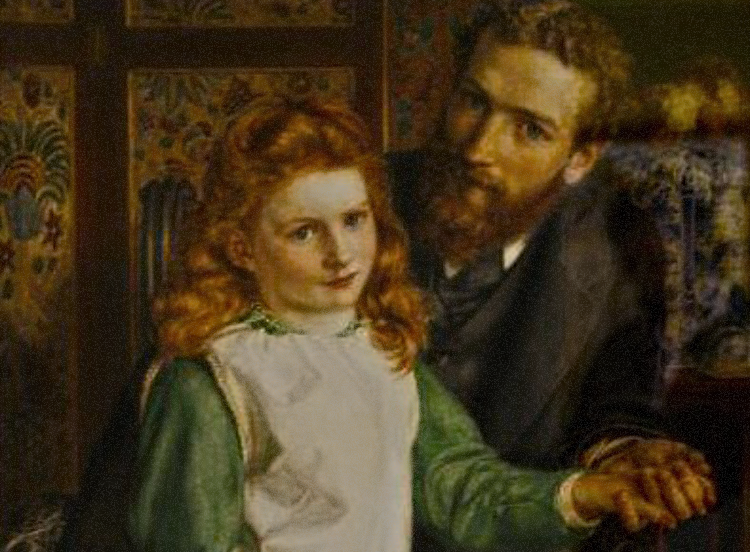 Edward Poynter, Wikimedia Commons
Edward Poynter, Wikimedia Commons
They Set Her Up For Success
Children are incredible sponges, soaking up everything life has to offer. In Gertrude Bell's case, she just happened to be surrounded by people in high places and intellectuals. Her father provided her with connections to important officials and taught her about government practices. But that wasn't all.
The Odds Were In Her Favor
At the age of seven, the Bell family welcomed a new member into their midst—a stepmother named Florence. Florence was a keen thinker herself, a playwright and author—and she quickly became a positive addition to Bell's life, making sure she received an excellent education.
This all contributed to molding the young girl into a veritable force to be reckoned with.
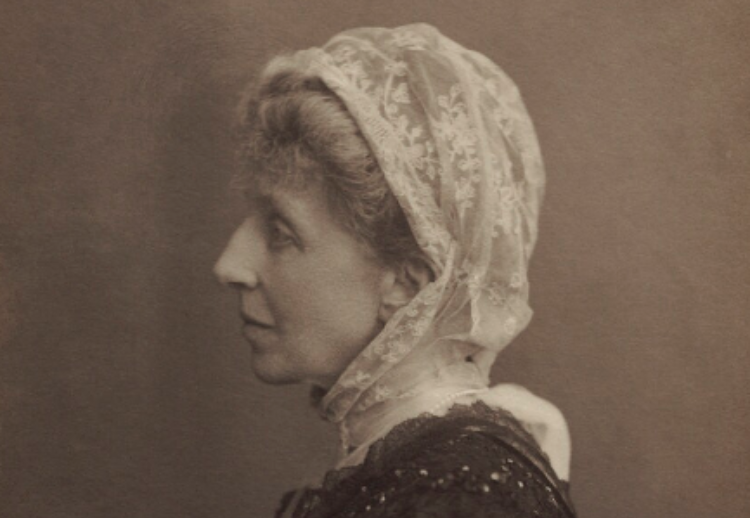 Unknown Author, Wikimedia Commons
Unknown Author, Wikimedia Commons
She Studied At Oxford
With such a bright mind, as well as an encouraging family behind her, it's no wonder Bell went on to study at Oxford University. But in the 1880s, women had to face the harsh reality of inequality regarding their educations. Bell experienced this firsthand.
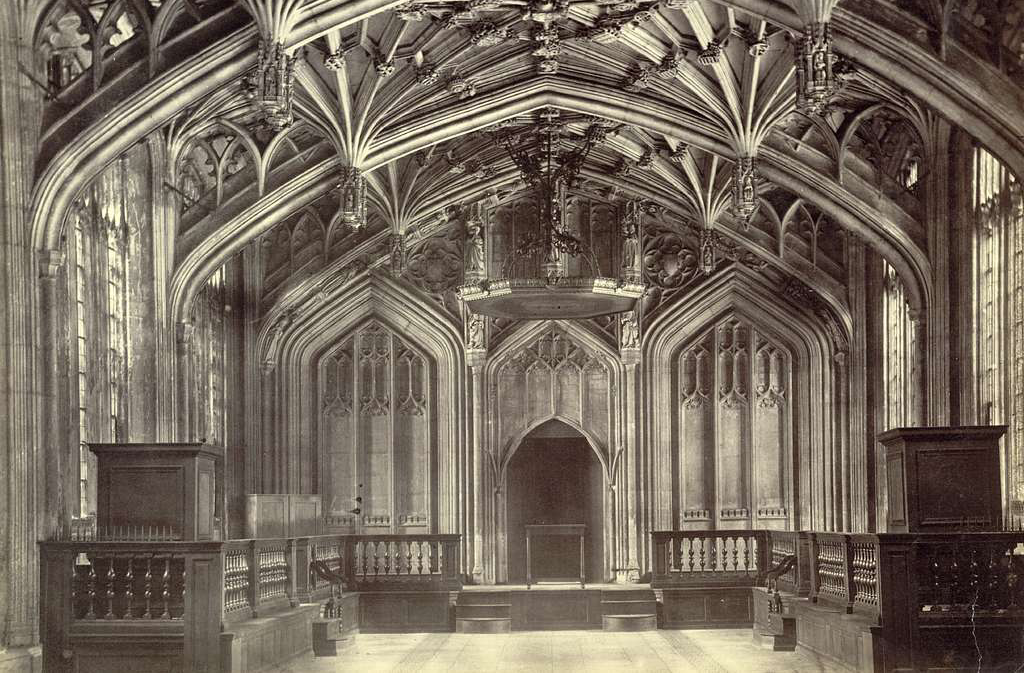 Cornell University Library, Picryl
Cornell University Library, Picryl
She Faced Infuriating Limitations
Sadly, women only had permission to learn a limited range of subjects. Therefore, Bell decided to study history—her success flying in the face of the notion that women didn't belong in the classroom.
 Benaroya Pictures, Queen of the Desert (2015)
Benaroya Pictures, Queen of the Desert (2015)
Oxford Didn't Give Her A Degree
She was the very first woman to graduate at Oxford, specializing in Modern History. It was a major accomplishment—but the university treated their female students abysmally, neglecting to actually give them the degrees they'd earned. It would be decades before Oxford finally awarded her with her degree.
Though Bell didn't have a piece of paper to prove her worth, fate had another plan for her entirely.
 Benaroya Pictures, Queen of the Desert (2015)
Benaroya Pictures, Queen of the Desert (2015)
She Gave Romance A Chance
Going to school wasn't the only way Gertrude Bell challenged the status quo. After leaving Oxford, she tried to ingratiate herself into the flowery world of London's high society. For two years, she showed face at grand events like balls and banquets, hoping to find the illusive Mr Right. But romance dodged her at every turn.
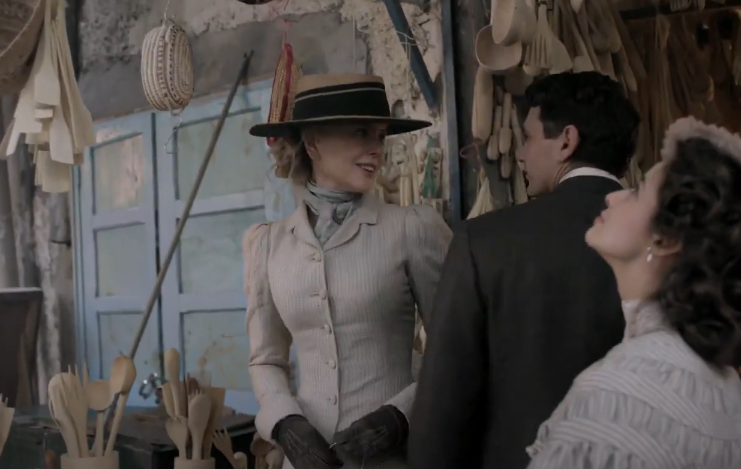 Benaroya Pictures, Queen of the Desert (2015)
Benaroya Pictures, Queen of the Desert (2015)
She Traveled To Persia
In 1892, Bell gave up on the idea of finding her perfect match—and traveled to Persia to visit her high-ranking uncle, the British minister Sir Frank Lascelles. It was a six-month experience that changed her life in more ways than one.
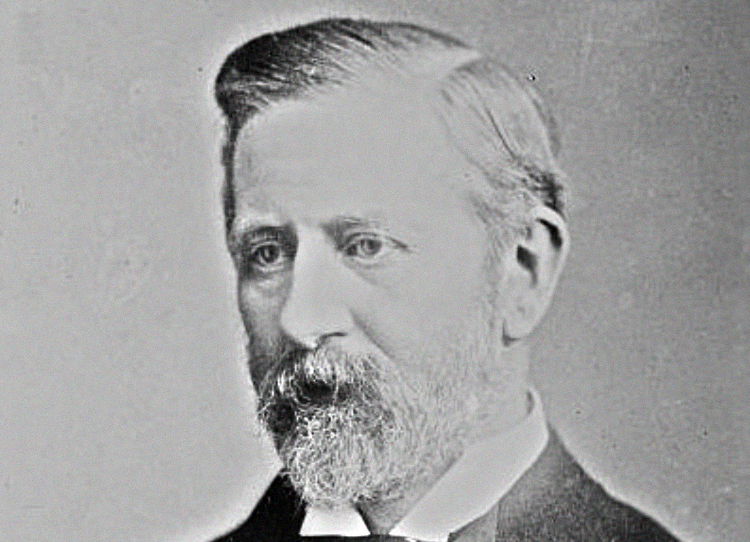 Bain News Service, Wikimedia Commons
Bain News Service, Wikimedia Commons
She Fell In Love
Though her love life had been a disappointment in England, Bell did entertain a dalliance during her trip to Tehran, Persia. His name was Henry Cadogan—and on paper, he seemed like a fine match for a woman like Bell. Unfortunately, "happily ever after" was not in the cards.
 Benaroya Pictures, Queen of the Desert (2015)
Benaroya Pictures, Queen of the Desert (2015)
Her Father Didn't Approve Of Him
Cadogan may have been a mid-ranking British Diplomat, but Bell's father gave him a stamp of disapproval. Cadogan's unfortunate debts were one factor, but on top of that, he didn't stand on the same rung of the social ladder as Bell. Basically, he wasn't deemed good enough for the young girl to marry.
But this wasn't even the most tragic part.
 Benaroya Pictures, Queen of the Desert (2015)
Benaroya Pictures, Queen of the Desert (2015)
She Received Devastating News
You see, the very next year, Bell received a harrowing telegram. Her first love had perished from pneumonia. But although her stay in Persia had been tinged by heartbreak, her exciting life had only just begun.
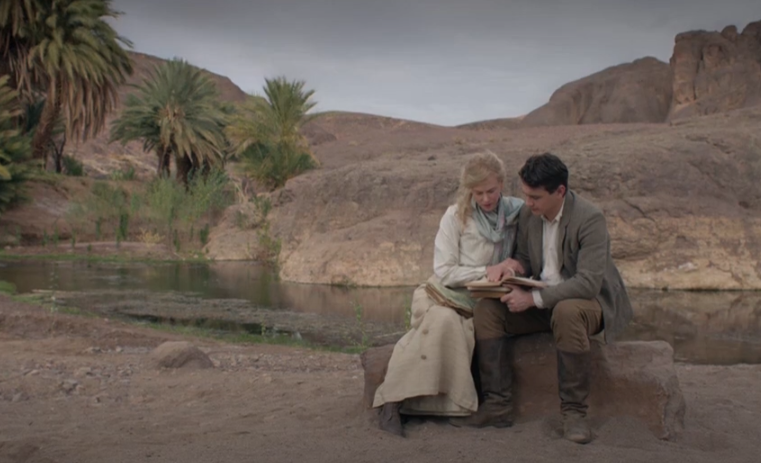 Benaroya Pictures, Queen of the Desert (2015)
Benaroya Pictures, Queen of the Desert (2015)
She Became A Woman Of The World
Spending half a year in Persia really opened Bell's eyes to the delights the world had to offer. In one of her letters, she described the Middle Eastern country as a "paradise". This kicked off a decade of travel that few women of that time had the chance to experience.
 Benaroya Pictures, Queen of the Desert (2015)
Benaroya Pictures, Queen of the Desert (2015)
Her Experiences Were Rare
Even today, some can only dream of traveling to such a degree as Gertrude Bell did in her youth. The world became her personal playground, and through her adventures, she developed a strong love for archaeology and languages.
 Benaroya Pictures, Queen of the Desert (2015)
Benaroya Pictures, Queen of the Desert (2015)
She Mastered Six Languages
Bell was so adept at picking up languages that she became fluent in six languages, including Arabic, Persian, German, Italian, French, and Turkish. This allowed her to publish some translated work. However, her travels didn't just feed her mind.
 Benaroya Pictures, Queen of the Desert (2015)
Benaroya Pictures, Queen of the Desert (2015)
She Climbed Mountains
Bell had a daring spirit and didn't shy away from physical challenges. She climbed mountains in Switzerland and was known for her excellent horse-riding abilities. However, her determination to master daunting peaks didn't end there.
 Benaroya Pictures, Queen of the Desert (2015)
Benaroya Pictures, Queen of the Desert (2015)
She Didn't Back Down From A Challenge
In 1899, Bell's travels brought her as far as the Middle East. She added Palestine and Syria to what would be a long list of travel destinations.
That same year, she continued mountaineering, conquering some major climbs, such as Mont Black, La Meije, and multiple hikes in the Bernese Alps. However, not all of her climbs were successes.
She Faced A Dangerous Climb
In August 1902, Bell ran into some serious trouble while climbing the Finsteraarhorn—a mountain in Switzerland. The horrific weather quickly became her worst enemy.
 Carsten Steger, CC BY-SA 4.0, Wikimedia Commons
Carsten Steger, CC BY-SA 4.0, Wikimedia Commons
She Endured A Real-Life Nightmare
Bell and her guides found themselves trapped in a real-life nightmare for 48 hours—stuck to the rock face, attached to their ropes. They faced an onslaught of hail and snow, with the terrifying cracks of lightning sounds overhead. This could have easily spelled the end for the entire team, but luckily, they pulled through.
 Benaroya Pictures, Queen of the Desert (2015)
Benaroya Pictures, Queen of the Desert (2015)
She Erred On The Side Of Caution
This was the time in her life when Bell did the most climbing, but after her trip to the Rocky Mountains in 1903, she slowly phased out mountaineering from her agenda. After all, these climbs were not only rigorous, but could also be extremely dangerous.
 Benaroya Pictures, Queen of the Desert (2015)
Benaroya Pictures, Queen of the Desert (2015)
She Wrote A Book
Gertrude Bell traveled back to Syria in 1905 and the time she spent there helped her reach a major career milestone. She made sure to capture every detail of her trip and poured all of her fascinating observations into the book, Syria: The Desert and the Sown, published in 1907. This portrait of the Middle East provoked a stunning reaction.
 Benaroya Pictures, Queen of the Desert (2015)
Benaroya Pictures, Queen of the Desert (2015)
She Was The "Daughter Of The Desert"
In the Western World, Bell's book was a major success. But perhaps the grandest compliment paid to her came from the lips of a Bani Sakher tribesman: "Mashallah! Bint aarab," meaning, "As God wills it, a daughter of the Arabs".
However, Bell herself translated the phrase to "daughter of the desert". She would, of course, become so much more than that.
 Gertrude Bell Archive, Wikimedia Commons
Gertrude Bell Archive, Wikimedia Commons
She Seemed Like A Queen
Bell wasn't just the "daughter of the desert," but she also became known as "Queen of the Desert". Some people even went so far as to call her "Khatun," meaning "noble lady" in Arabic. And she certainly dressed the part.
 Benaroya Pictures, Queen of the Desert (2015)
Benaroya Pictures, Queen of the Desert (2015)
She Traveled In Style
Gertrude Bell's rich roots allowed her to travel in style—in a way that biographer Georgina Howell called "little short of majestic". And perhaps this was all by design. Her lavish garments definitely made an impression on the local tribes.
 Benaroya Pictures, Queen of the Desert (2015)
Benaroya Pictures, Queen of the Desert (2015)
She Did Not Pack Light
Apparently, Bell did not pack light. On her extensive travels, she reportedly brought fancy evening dresses, riding skirts, and fur coats. Hidden in her petticoats, she also had ample room to store potential gifts for high-ranking sheikhs, like pistols and binoculars. And for her own purposes, she always had a camera and film on hand.
Of course, this wasn't the only thing that made her stand out.
 Benaroya Pictures, Queen of the Desert (2015)
Benaroya Pictures, Queen of the Desert (2015)
She Stood Out From The Crowd
Bell eagerly visited some of the most daunting places, but anywhere she went, one physical attribute set her apart. With her head of blazing red hair and her illustrious possessions, she certainly fit the part of a queen.
But even though Bell traveled with silver candlesticks among her luggage, she was no shrinking violet.
 Benaroya Pictures, Queen of the Desert (2015)
Benaroya Pictures, Queen of the Desert (2015)
She Worked In Asia Minor
The same year the book came out, Bell went on another formative trip—this time to Asia Minor. Here, she truly got her hands dirty with some eye-opening archaeological work.
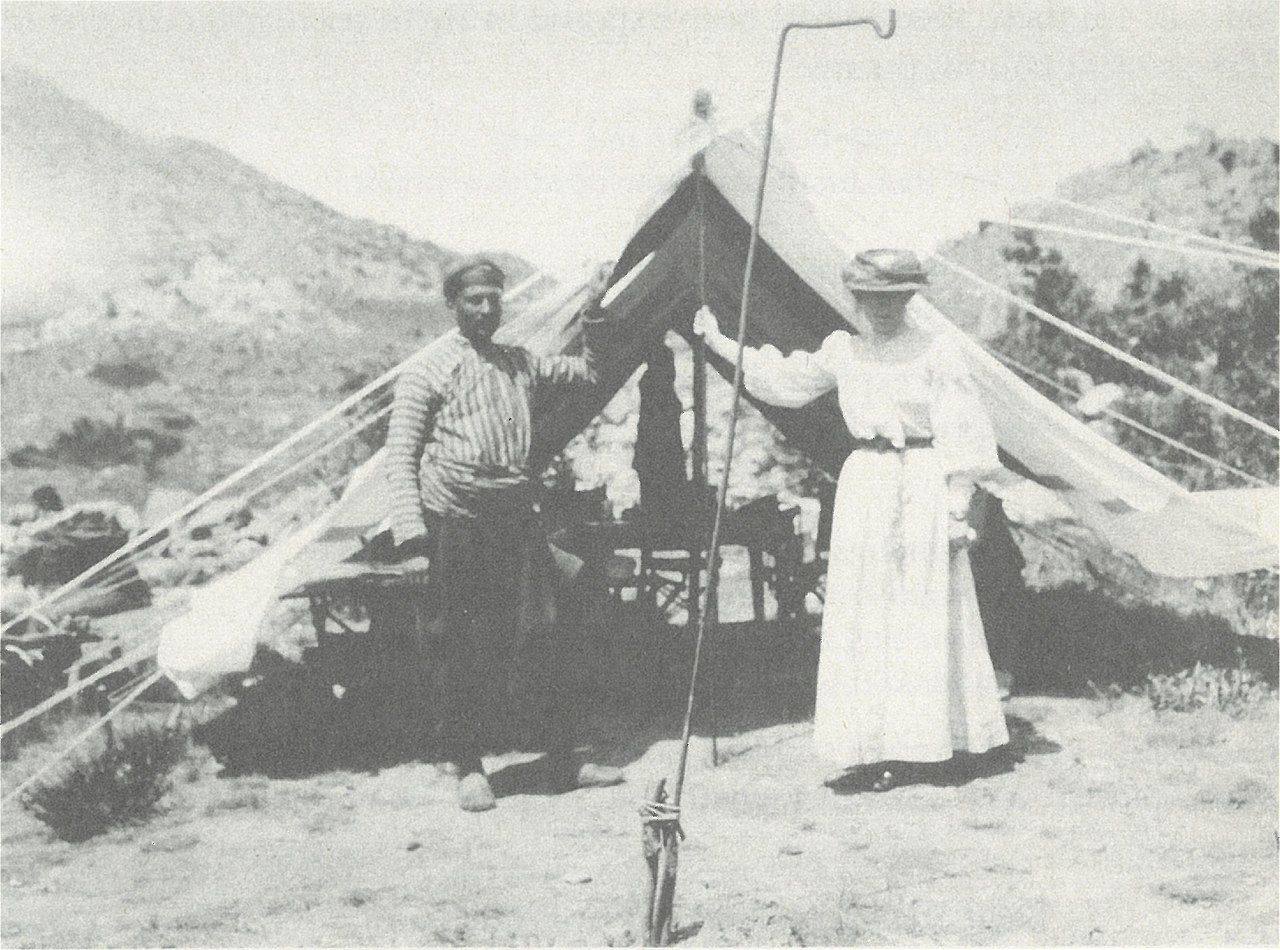 Unknown Author, Wikimedia Commons
Unknown Author, Wikimedia Commons
Her Work Led To More Publications
Collaborating with the archaeologist and scholar Sir William M Ramsay, Bell funded some serious excavations of buildings that dated back to the Byzantine era. Once again, this experience led to another book, titled, A Thousand and One Churches.
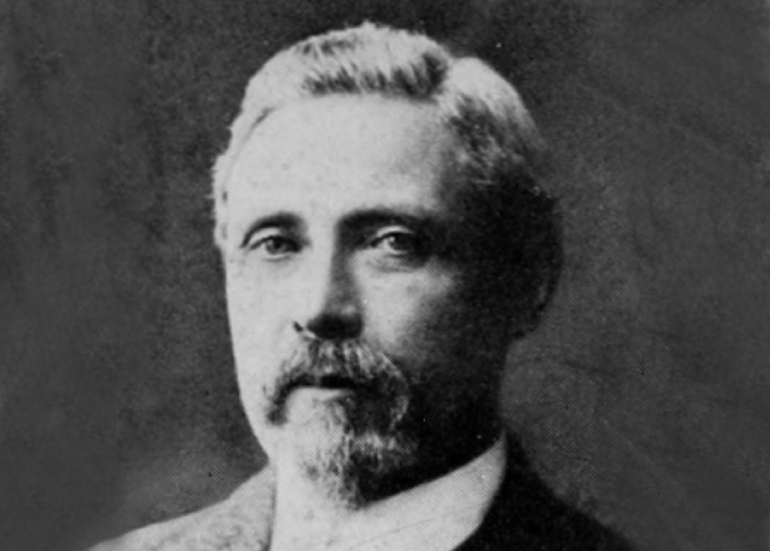 Unknown Author, Wikimedia Commons
Unknown Author, Wikimedia Commons
She Had A Fateful Encounter
Four years later, after her time in Asia, Bell visited Mesopotamia, and in the city of Carchemish she met with someone quite famous—none other than the archaeologist Thomas Edward Lawrence.
 Unknown Author, Wikimedia Commons
Unknown Author, Wikimedia Commons
She Collaborated With Lawrence Of Arabia
Lawrence's work eventually earned him the renowned title "Lawrence of Arabia," and in turn, this moniker would one day become the title for the lauded Hollywood film about him, starring Peter O'Toole. But for Bell, Lawrence was just another like-minded soul.
 Columbia Pictures, Wikimedia Commons
Columbia Pictures, Wikimedia Commons
They Had A Lot In Common
After meeting in 1909, Bell and Lawrence fostered a close friendship, and kept up a correspondence. They were, after all, quite similar. Both of them had studied Modern History at Oxford and had a keen interest in the Arabian desert. What's more? They both spoke Arabic and had contact with the local tribes.
However, when it came to exploring Saudi Arabia, Bell's greatest challenge was yet to come.
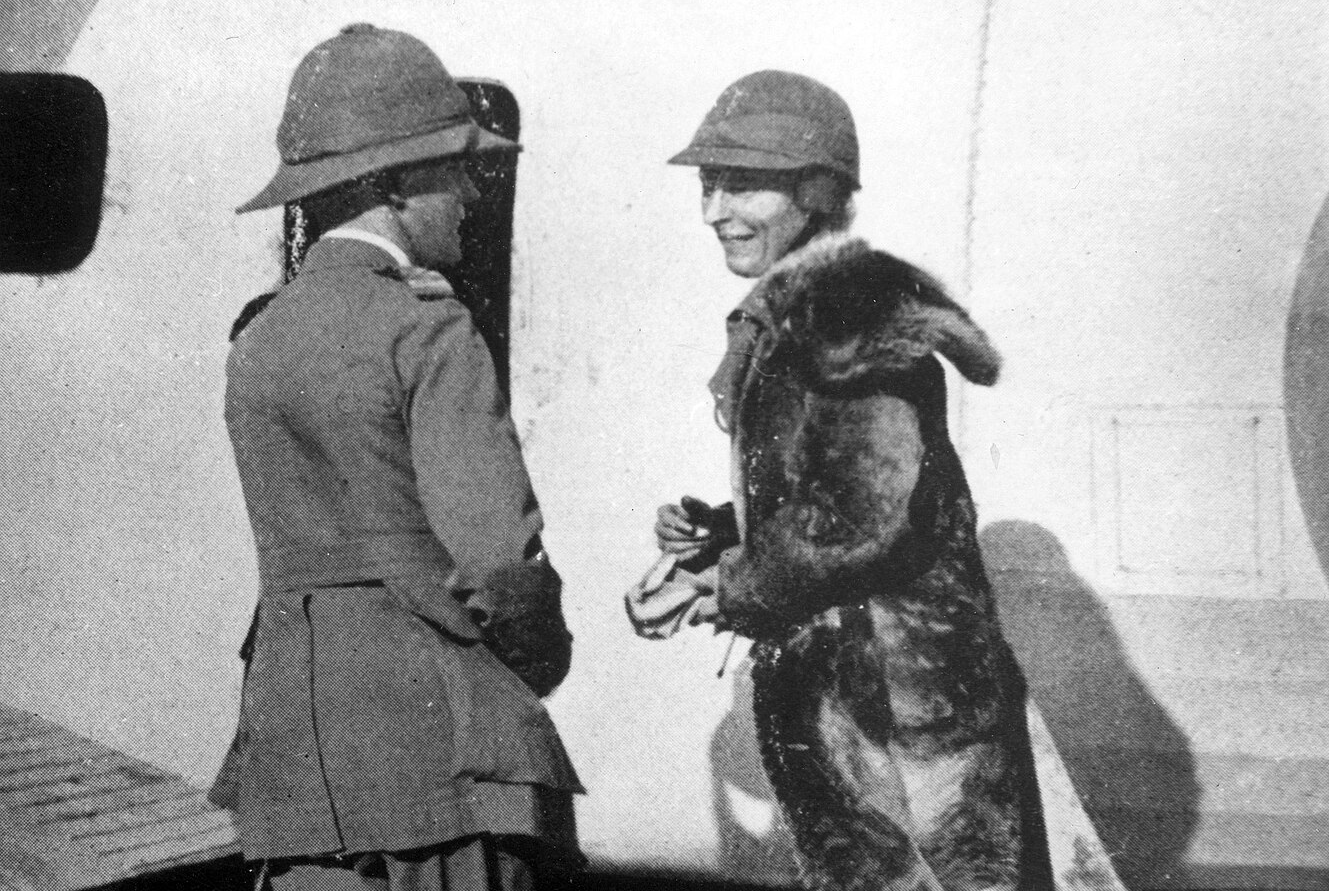 Unknown Author, Wikimedia Commons
Unknown Author, Wikimedia Commons
She Embarked On A Dangerous Journey
In 1913, Bell embarked on her final Arabian journey—but it would also be incredibly taxing. She undertook an 1,800-mile route that began and ended in Damascus. Along the way, she also visited Ha'il and Baghdad. But one particular destination was especially terrifying.
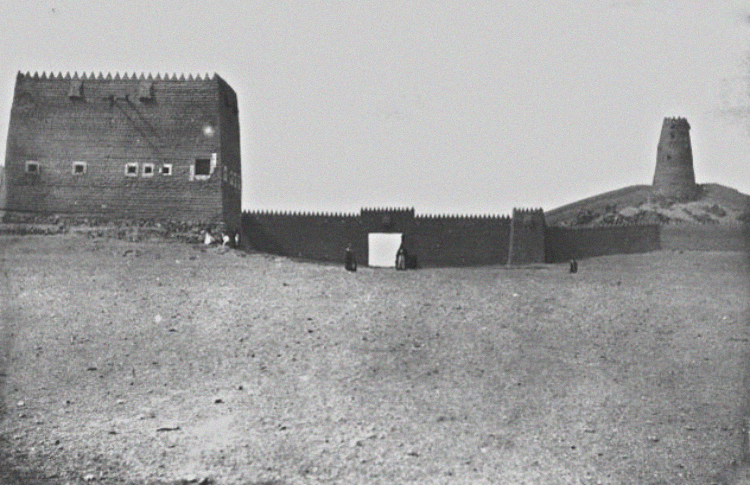 Gertrude Bell, Wikimedia Commons
Gertrude Bell, Wikimedia Commons
She Ended Up Behind Bars
Ha'il was a risky place to visit due to the political climate at the time. After arriving there, Bell found herself in a scary situation, locked up behind bars for 11 days. She later recounted her experience of the city, writing, "In Hayil, murder is like the spilling of milk".
However, perilous moments like this certainly didn't deter her from exploring unknown territory.
 Benaroya Pictures, Queen of the Desert (2015)
Benaroya Pictures, Queen of the Desert (2015)
She Had Certain Privileges
Though being a woman traveler certainly had countless drawbacks in the 19th century (and still does), Bell did enjoy some advantages. Unlike men, she could be in the company of the local women—the wives and family members of important men.
But curiously enough, the women didn't interest her very much—and for a shocking reason.
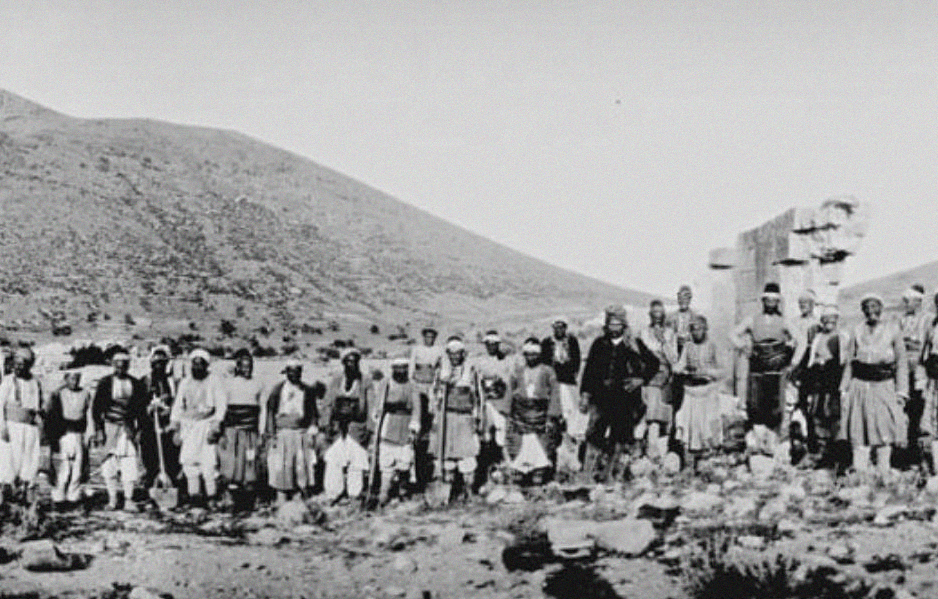 Gertrude Bell, Wikimedia Commons
Gertrude Bell, Wikimedia Commons
Those Who Wielded Power Fascinated Her Most
Though Bell herself was a woman, she wasn't especially interested in the lives of Arab women. This was because they didn't hold much power. Instead, Bell focused her observations on the people in society that held the most sway: sheikhs and leaders.
 Unknown Author, Wikimedia Commons
Unknown Author, Wikimedia Commons
WWI Turned Her Life In A New Direction
In 1914, Bell's world changed in the most dramatic way possible. In fact, everyone's world changed. The reason? WWI. When Britain entered the war, Bell's expertise actually made her a unique asset to her home country.
Her Knowledge Became An Invaluable Source
Thanks to her archaeological experience in Arabia, Ottoman Syria, and Mesopotamia, Bell's wealth of knowledge became invaluable to British authorities. Upon request, she penned a letter to the British War Office, elaborating on these regions' British sympathies. But that wasn't the only contribution she made to the war effort.
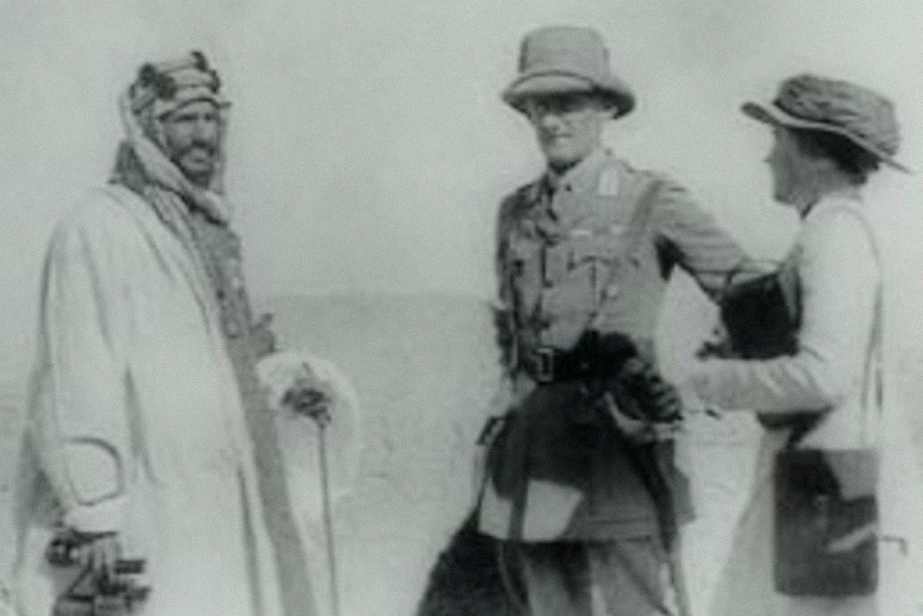 Unknown Author, Wikimedia Commons
Unknown Author, Wikimedia Commons
She Joined The Red Cross
For a full year, Gertrude Bell dedicated her time to the Red Cross—both in Boulogne and London. However, even in these most trying times, Bell's private life somehow maintained a touch of scandal.
She Had A Scandalous Affair
You see, as productive and hard-working as Bell undoubtedly was, she still managed to mix work and pleasure. Behind the scenes, she entertained a pretty serious affair with Charles Doughty-Wylie—a British officer. However, there was just one problem.
 Benaroya Pictures, Queen of the Desert (2015)
Benaroya Pictures, Queen of the Desert (2015)
She Sent Him Love Letters
Unfortunately, Doughty-Wylie was a married man. Therefore, he and Bell's relationship remained unconsummated—but that didn't mean it was any less significant. In fact, the two had been exchanging love letters since 1913. Their little arrangement, however, certainly had its bumpy moments.
 Benaroya Pictures, Queen of the Desert (2015)
Benaroya Pictures, Queen of the Desert (2015)
She Met Her Lover's Wife
While working for the Red Cross in Boulogne, a bit of an awkward situation arose for Bell. Charles Doughty-Wylie's wife, Judith, just happened to be stationed there as well. In the same place at the same time, the two women who shared the same man eventually met up with one another.
After meeting Judith, Bell wrote a surprising letter.
 Benaroya Pictures, Queen of the Desert (2015)
Benaroya Pictures, Queen of the Desert (2015)
She Never Wanted To See Her Again
Following the meeting with her lover's wife, Bell must have had her fill, because she wrote to Doughty-Wylie with an understandable plea. She wanted him to dissuade his wife from arranging any future meetings with her. After all, there was another upsetting detail about their relationship.
 Benaroya Pictures, Queen of the Desert (2015)
Benaroya Pictures, Queen of the Desert (2015)
She Wanted Him To Leave His Wife
Reportedly, Bell had asked Doughty-Wylie to leave Judith and marry her instead—a desperate dream that she never saw come to fruition. And in the end, her dashed hopes didn't matter. Her ties to Doughty-Wylie were destined to be severed forever.
 Benaroya Pictures, Queen of the Desert (2015)
Benaroya Pictures, Queen of the Desert (2015)
She Lost A Great Love
In the spring of 1915, Charles Doughty-Wylie helped lead an attack on the village of Sedd-el-Bahr. But though the mission was ultimately successful, Doughty-Wylie fell victim to a sniper. When Bell heard the awful news, she was utterly heartbroken.
Of course, no amount of personal strife could slow Bell down.
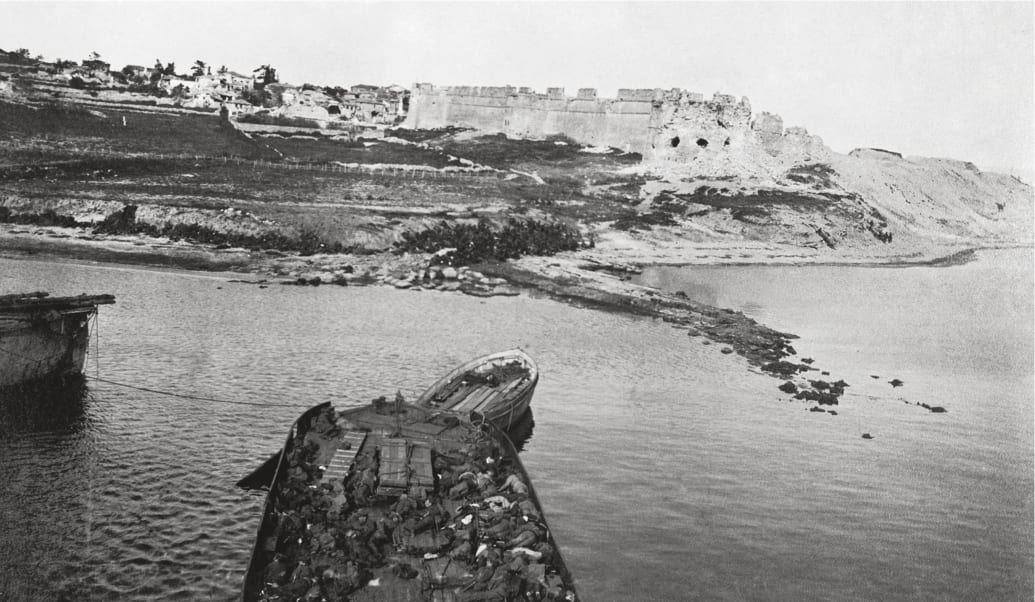 Lt. C.N. Graham, Wikimedia Commons
Lt. C.N. Graham, Wikimedia Commons
She Was "Major Miss Bell"
By the end of the year, Gertrude Bell found herself working in Cairo at the Arab Intelligence Bureau with her old collaborator, TE Lawrence. She was "Major Miss Bell," and together, they fed information about the Arab people to the British army.
Her political contributions would soon reach new heights.
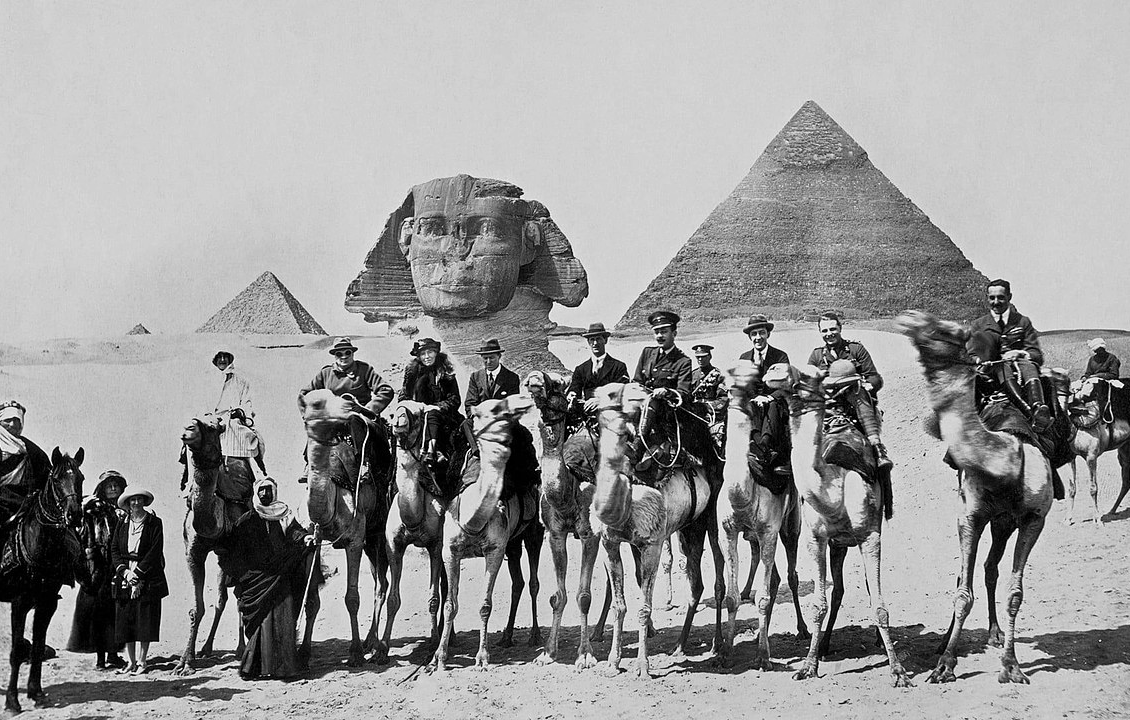 George M. Georgoulas, Wikimedia Commons
George M. Georgoulas, Wikimedia Commons
They Wanted The Same King
Though Bell and Lawrence didn't always agree, they ended up being on the same page when it came to Iraq. Both of them wanted to make Emir Faisal its king. However, this was no easy feat.
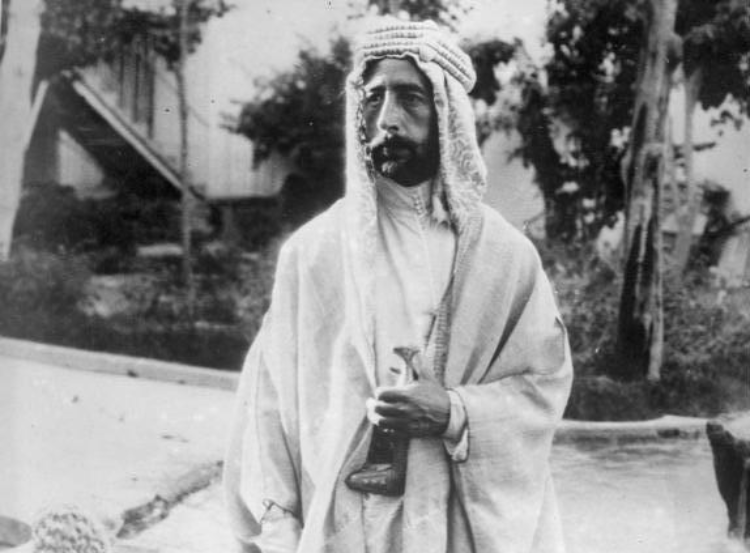 Bundesarchiv, Bild 102-14113, CC BY-SA 3.0, Wikimedia Commons
Bundesarchiv, Bild 102-14113, CC BY-SA 3.0, Wikimedia Commons
They Had To Execute A Difficult Plan
You see, Prime Minister Winston Churchill agreed with Bell and Lawrence about putting Faisal on the throne, but he wanted to ensure that this seemed like the will of the Iraqi people and not Britain's. This directive fell heavily on Bell's shoulders.
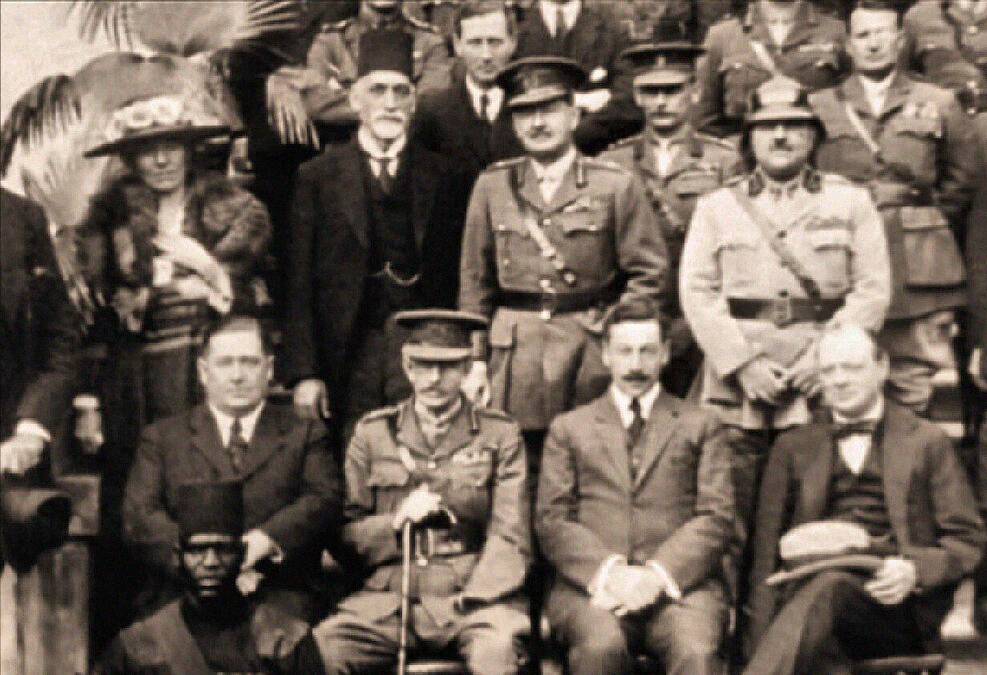 Beaugosses, CC BY-SA 3.0, Wikimedia Commons
Beaugosses, CC BY-SA 3.0, Wikimedia Commons
She Helped Put A Man On The Throne
Bell's numerous meetings with tribal leaders ensured that Churchill's conditions were met. She helped Faisal win favor among the nation's people during his campaign—and in the end, he emerged victorious. However, Bell's contributions in this area continued to flourish.
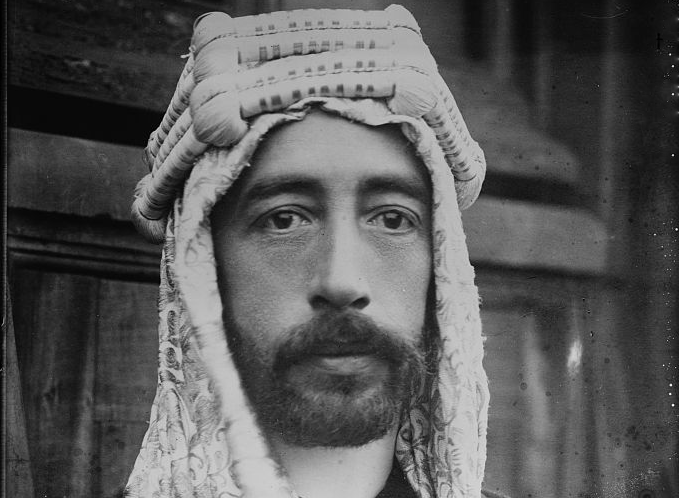 James Russel & Son, Wikimedia Commons
James Russel & Son, Wikimedia Commons
She Founded A Museum
Gertrude Bell's love of archaeology came into play when she founded the Baghdad Archaeological Museum—what is now known as the Iraq Museum. After years of trying to get the museum built, it finally opened its doors in 1926. The cherry on top? Thanks to her great efforts, the curation of antiques in the museum was especially top-notch.
However, though this seemed like a new beginning, Bell was almost at the end of her rope.
 Hussein A.Al-mukhtar, CC BY-SA 4., Wikimedia Commons
Hussein A.Al-mukhtar, CC BY-SA 4., Wikimedia Commons
She Worked Herself To The Bone
As eventful, and seemingly exciting, as Bell's life seemed, it was also incredibly stressful. The sheer amount of work she produced, whether it be her published books or her intelligence reports, was a testament to her work ethic—and she never seemed to take a significant break.
On top of her questionable work/life balance, Bell's health wasn't exactly in the best shape.
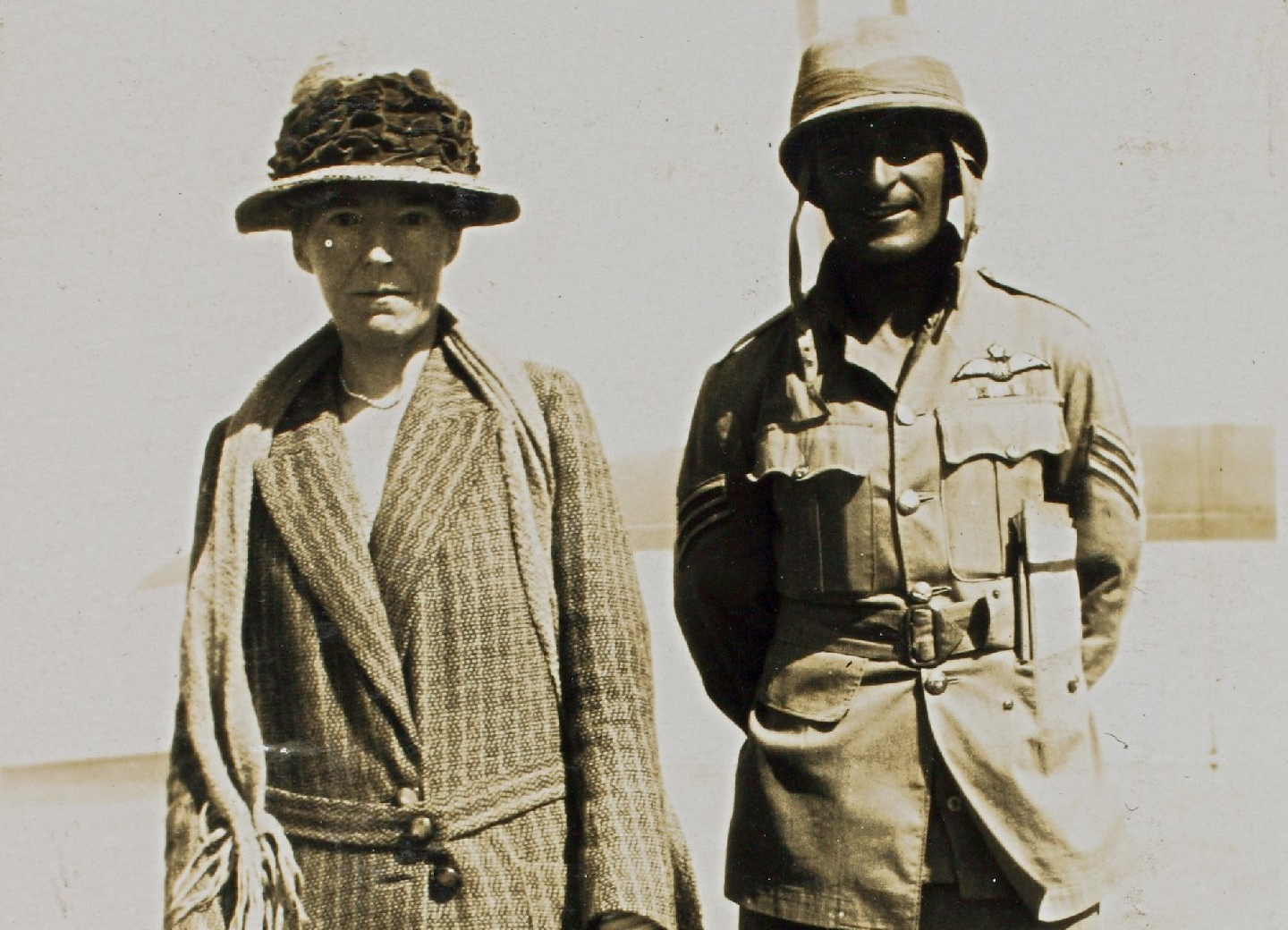 Edwin Newman, Wikimedia Commons
Edwin Newman, Wikimedia Commons
Her Health Began To Fail
Bell was a notorious chain-smoker, with a particular preference for Egyptian cigarettes. This bad habit eventually caused her to suffer from bronchitis. But her failing lungs weren't the only issue on her plate.
 Benaroya Pictures, Queen of the Desert (2015)
Benaroya Pictures, Queen of the Desert (2015)
She Couldn't Cope With The Heat
Additionally, Bell had to overcome malaria multiple times and had trouble acclimating to the intense heat of Baghdad's brutal summers. Her final years in the early 1920s transformed her in an alarming way.
 Benaroya Pictures, Queen of the Desert (2015)
Benaroya Pictures, Queen of the Desert (2015)
She Lost Too Much Weight
In the years leading up to her demise, Bell grew scarily thin. But the beginning of her physical decline also came with some pointed emotional blows—especially in her love life.
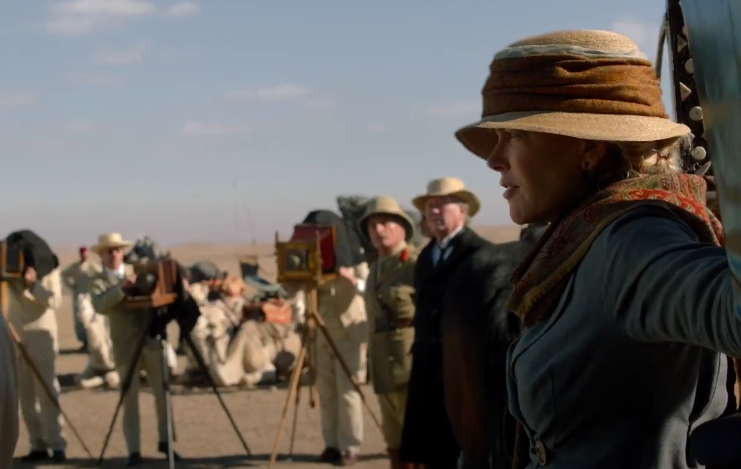 Benaroya Pictures, Queen of the Desert (2015)
Benaroya Pictures, Queen of the Desert (2015)
Love Eluded Her
For all of her accolades and talents, Bell just couldn't seem to get a firm grasp on a lasting love. Every man she cared for seemed to slip through her fingers—and the same could be said about one of her final romantic interests, Kinahan Cornwallis.
 Benaroya Pictures, Queen of the Desert (2015)
Benaroya Pictures, Queen of the Desert (2015)
She Fell For Another Married Man
Cornwallis was a younger man whom Bell met in 1922. He was also a British advisor in Iraq and married. His friendship with Bell planted the seed of a potential romance in her mind. He, however, did not reciprocate her feelings.
He Turned Her Down
Though Bell had deeper feelings for Cornwallis, he ultimately rejected her advances. Based on her many failed attempts to find companionship, one might speculate that the famed explorer led a rather lonely private life.
 Benaroya Pictures, Queen of the Desert (2015)
Benaroya Pictures, Queen of the Desert (2015)
Her Family's Fortunes Faltered
In 1924, Bell's health was the worst it had ever been—and this physical burden was only exacerbated by her family's financial problems. You see, in the wake of WWI, there were a number of coal strikes in Britain. For the Bell family, this was a major red flag.
 Unknown Author, Wikimedia Commons
Unknown Author, Wikimedia Commons
They Gave Up Their Luxurious Home
All of these coal strikes eventually led to the general strike of 1926. With a depression rearing its head, Bell's family had to wave goodbye to their lavish mansion. This completely tilted the foundation Bell had built her life upon.
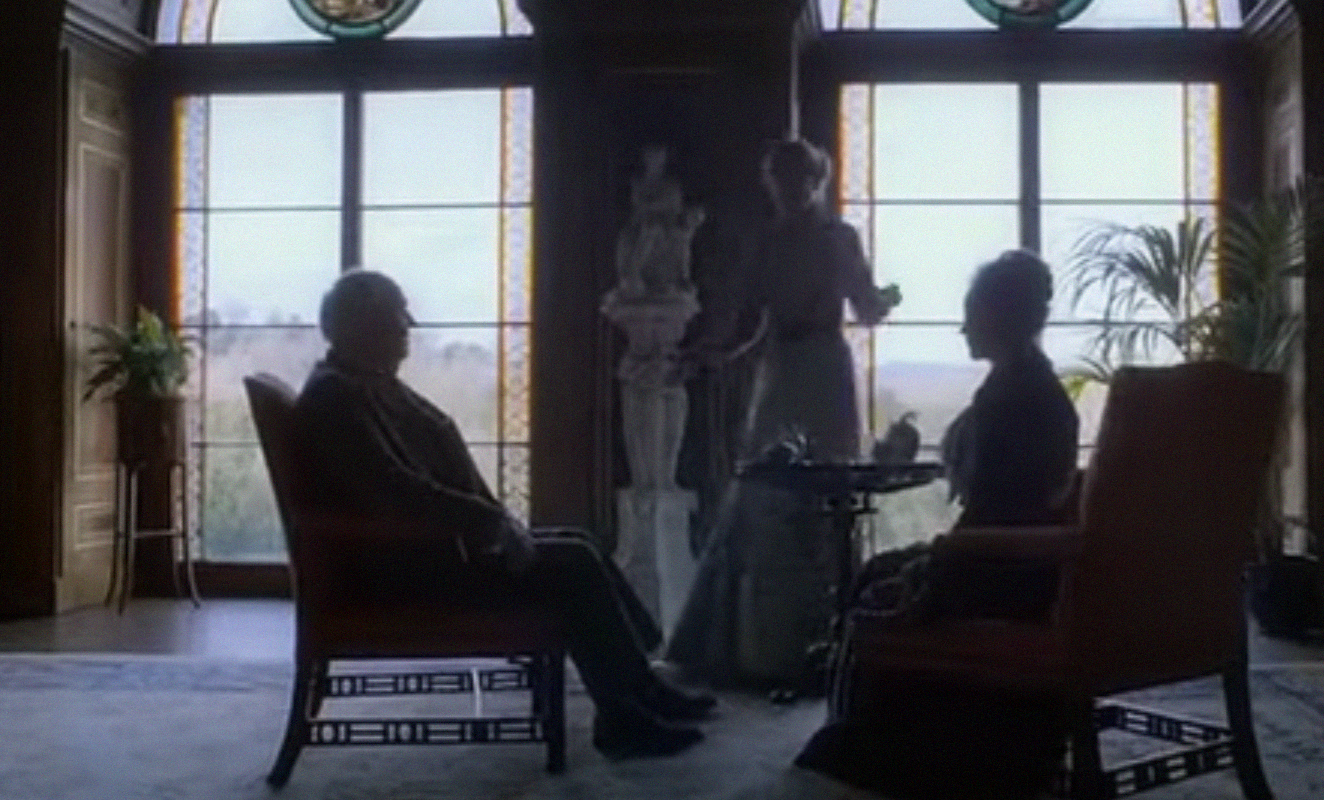 Benaroya Pictures, Queen of the Desert (2015)
Benaroya Pictures, Queen of the Desert (2015)
The Depression Threatened Her Way Of Life
Though the Bells were still a far cry from being downright destitute, Bell was still aware that her family's money kept her afloat. Much of her travels and archeology projects had been privately funded.
Her Finances Became A Source Of Stress
The change in her family's fortunes meant that she had to actually think about the value of money. Suddenly, she had to grapple with a thought she'd never had to face before: What if the funds ran out?
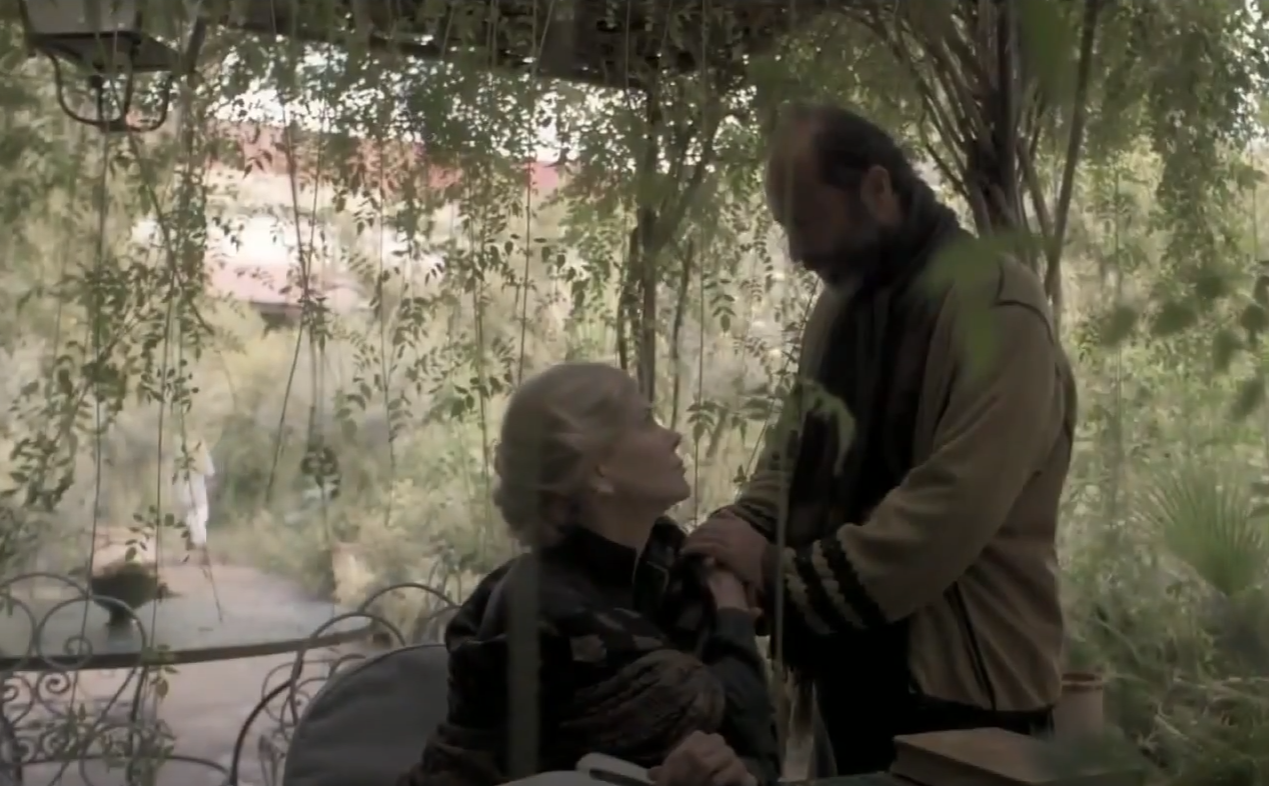 Benaroya Pictures, Queen of the Desert (2015)
Benaroya Pictures, Queen of the Desert (2015)
Her World Came Apart At The Seams
With her many personal troubles, Bell's house of cards was more fragile than ever before. The dominos had begun to fall—each one leading to Bell's sad end.
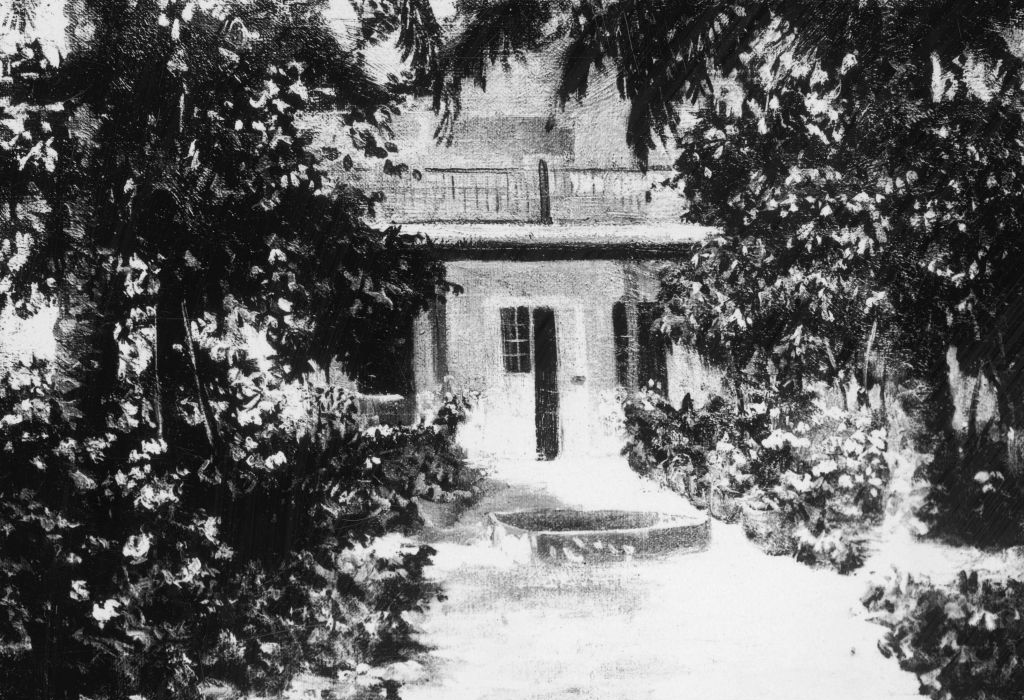 Topical Press Agency, Getty Images
Topical Press Agency, Getty Images
Her Brother Perished From Typhoid
While in Baghdad, trying to recover from pleurisy, Bell received the worst news imaginable. Typhoid had taken her younger brother's life. At around the same time, there's a good chance she learned that she had lung cancer.
 Benaroya Pictures, Queen of the Desert (2015)
Benaroya Pictures, Queen of the Desert (2015)
Her Mental Health Suffered
Given the tragedy that had begun to cloud her life, it's no wonder that some sources have speculated that Bell grappled with her mental health, and was likely depressed.
All of these factors played a hand in Gertrude Bell's awful fate.
 Benaroya Pictures, Queen of the Desert (2015)
Benaroya Pictures, Queen of the Desert (2015)
She Overdosed
On July 12, 1926, Gertrude Bell overdosed on sleeping pills and never woke up. However, the nature of her death remains a mystery. Did she take her own life, or was it an accident?
 Benaroya Pictures, Queen of the Desert (2015)
Benaroya Pictures, Queen of the Desert (2015)
Was It An Accident?
You see, one clue pointing to the possibility of an accidental overdose was that Bell had given her maid pointed instructions to rouse her the next day. However, some of her other actions suggested otherwise.
 Benaroya Pictures, Queen of the Desert (2015)
Benaroya Pictures, Queen of the Desert (2015)
She Sent An Alarming Note
Only one day prior to her demise, Bell sent her friend Cornwallis a very telling note. In it, she asked him if he could take care of her dog if anything were to happen to her. However, this wasn't the only disturbing piece of correspondence.
 Benaroya Pictures, Queen of the Desert (2015)
Benaroya Pictures, Queen of the Desert (2015)
She Was Lonely
Perhaps even more worrisome was the letter Bell had penned to her mother. Its contents expressed how her lonely way of life would one day meet its inevitable end. These pieces of the puzzle seemed to foreshadow her untimely demise.
 Benaroya Pictures, Queen of the Desert (2015)
Benaroya Pictures, Queen of the Desert (2015)
Mourned By Many
The famed Gertrude Bell had passed just two days before her 58th birthday. But though she had a quiet end, her life had been anything but. Her technicolor life was certainly reflected in the many mourners who came out to pay their respects on the day of her funeral.
The Royals Recognized Her
Even King Faisal cast an eye on Bell's dreary funeral procession, watching from a private balcony. And when King George V caught wind of her passing, he penned a personal note and sent his sympathies to her family.
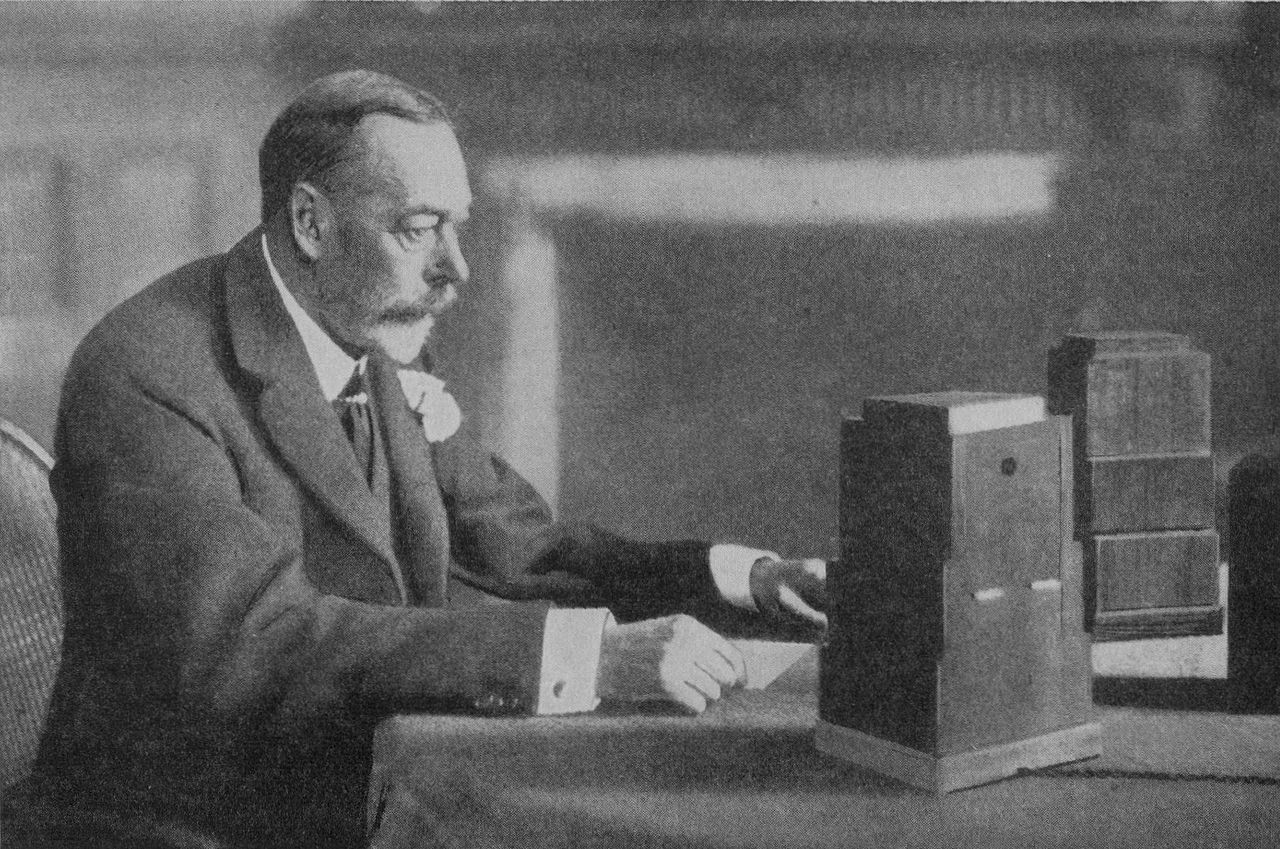 Unknown Author, Wikimedia Commons
Unknown Author, Wikimedia Commons
Priceless Contributions
Though Gertrude Bell ended her life on a sad note, she left behind one of the strongest legacies possible. Her archeological work was especially important, and her observations have been referred to as "priceless documentation".
 Spudgun67, CC BY-SA 4.0, Wikimedia Commons
Spudgun67, CC BY-SA 4.0, Wikimedia Commons
A Fitting Obituary
In the wake of her passing, Bell's peers expressed their appreciation for her through lectures and articles. British archaeologist DG Hogarth wrote an especially touching obituary that described her so well:
"No woman in recent time has combined her qualities—her taste for arduous and dangerous adventure with her scientific interest and knowledge, her competence in archaeology and art, her distinguished literary gift, her sympathy for all sorts and condition of men, her political insight and appreciation of human values, her masculine vigour, hard common sense and practical efficiency—all tempered by feminine charm and a most romantic spirit".
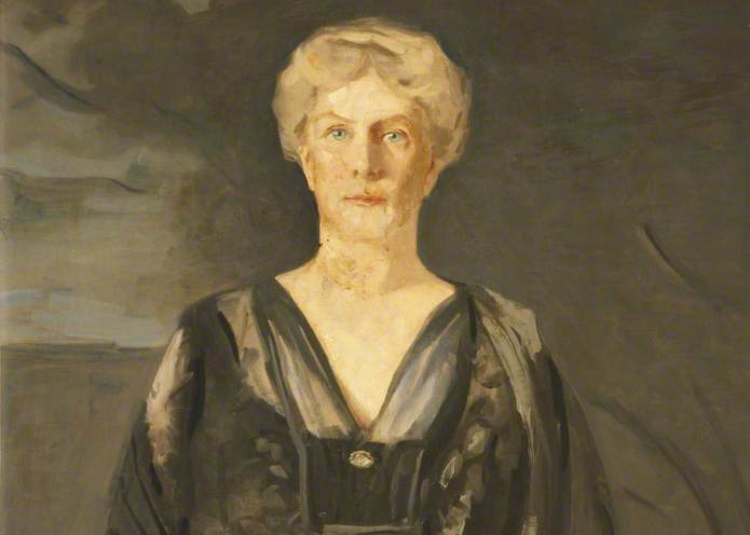 John Singer Sargent, Wikimedia Commons
John Singer Sargent, Wikimedia Commons

